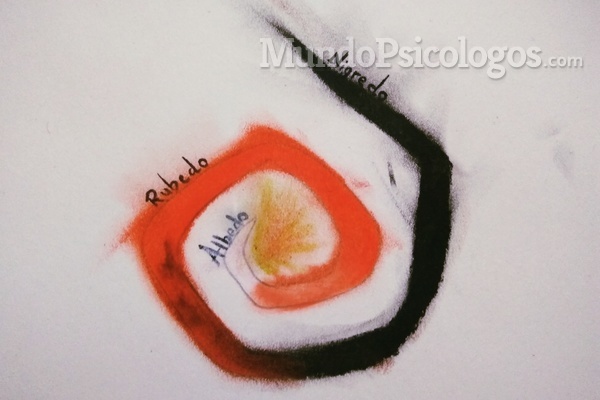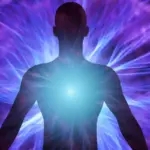Vertigo is a symptomatic manifestation that appears when our stability is threatened both by something that belongs to the physical world and our psychic world.

Excluding the various causes of organic origin that can cause it, vertigo appears at certain times in our lives to tell us that something is not working correctly.
Vertigo is, in fact, a symptomatic manifestation that appears when our stability is threatened both by something that belongs to the physical world and by something that is part of our psychic world. We can suffer from vertigo in front of a cliff, while crossing a bridge, looking out from a very high balcony, looking through the window of an airplane or a boat, as well as we can also be prey to vertigo in many other situations in which there is an imbalance. between our position and the space around us. But vertigo can catch us by surprise even when we get out of bed in the morning or while we are comfortably seated at the cinema… In short, in normal, everyday situations. What happens in these cases? Something alters the relationship with the terrain in which we find ourselves, where we do not feel safe because the world is spinning and we have to lean on the walls, someone to support us, without whose support we would fall, falling into ruin.
A dizzying attack
An acute attack of vertigo causes a state of shock, generating severe anxiety, panic, and fear in the individual that can occur even when the critical phase has passed. These symptoms are often accompanied by intense nausea, tachycardia or sweating. Symbolically they express a sudden loss of habitual reference points, a break with the previous balance in the relationship between us and the world around us. We may suffer these symptoms in moments of change (work, home, type of life) that are apparently accepted, but that inside are a source of conflict between the rational and the emotional dimension, between reason and instinct.
The equilibrium
When something strongly destabilizes the balance to which we were accustomed, introducing significant changes in our person, vertigo indicates the difficulty in orienting ourselves in the new situation, while at the same time it calls into question the rational order in which we lived, causing deep anguish and fear. In us. Furthermore, even the etymology of the word vertigo, from the Latin vertere = turn, it alludes to the need to divert your attention in a different direction from our being in the world. Balance is actually the result of our existential complexity, of the effort to compose our contradictions, sometimes contrasting them to determine acute states of confusion and disorientation.
I have personally experienced episodes of acute vertigo at times when I was shaken by strong contrasts within me so deep that they could not increase to consciousness, forcing me to abandon my supposedly rational beliefs to sink into the emotions I wanted to ignore. A vertigo crisis forces us to review everything, to take care of ourselves in different terms, to accept our weaknesses and limitations, to depend, albeit temporarily, on another person. In my experience I was launched into space, in a universe without support, without ground, and immersed in a feeling of total helplessness.
Front facing psychogenic dizziness or vertigo or pseudo vertigo, As commonly defined, it means seeking medical care to relieve acute symptoms and choosing the most appropriate diagnostic tests to rule out any medical conditions. Also accept that the moment of complete resolution is not always immediate, and often tends to repeat itself. On a psychological level, identifying at what point in your life process they may occur contributes significantly to understanding the causes that trigger them, providing valuable elements of self-awareness and life itself.








